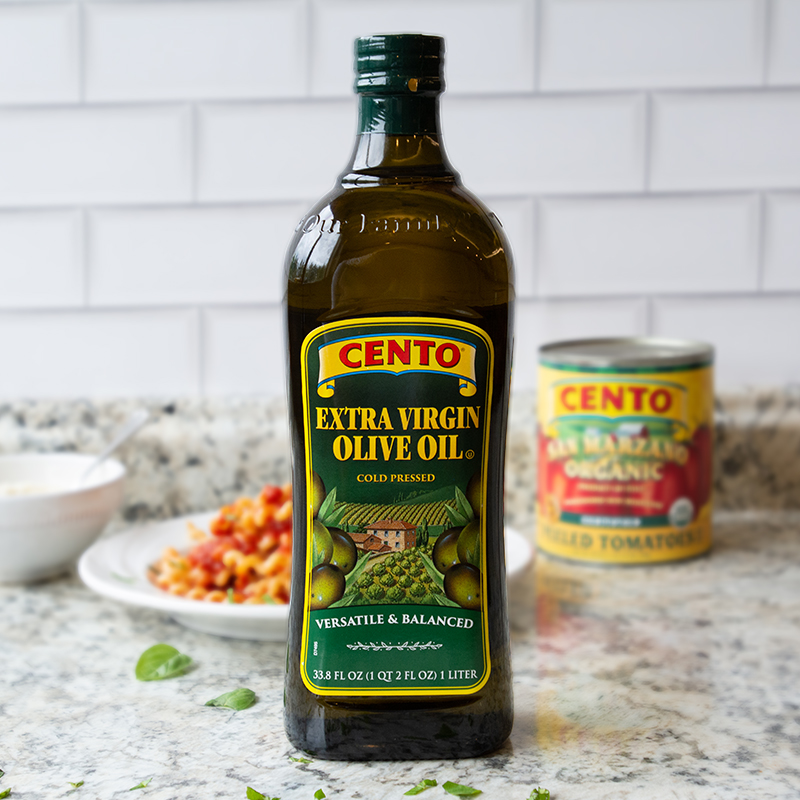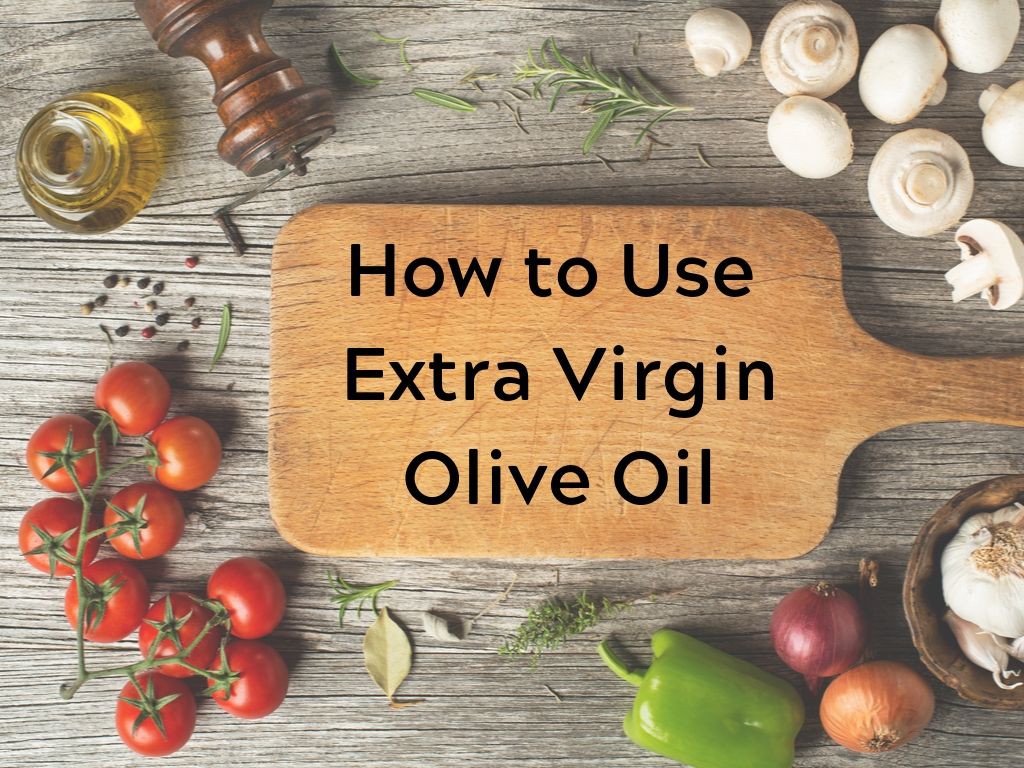Extra Virgin Olive Oil Benefits: How It Helps to Regulate Blood Sugar
Extra Virgin Olive Oil Benefits: How It Helps to Regulate Blood Sugar
Blog Article
Exploring the Various Kinds Of Olive Oil and Their Uses, Consisting Of Additional Virgin Olive Oil
The expedition of olive oil incorporates a diverse array of types, each offering unique tastes and culinary applications. Additional virgin olive oil, renowned for its premium quality and health and wellness advantages, serves as a staple in lots of kitchen areas, yet it is just one element of this multifaceted component.
What Is Olive Oil?
Acquired from the fruit of the olive tree, olive oil is a staple in Mediterranean cuisine and an essential component in numerous cooking applications. This versatile oil is created by pushing whole olives, leading to a fluid that differs in shade, taste, and fragrance relying on the kind of olives used, the region of cultivation, and the extraction process. Olive oil is primarily composed of monounsaturated fats, especially oleic acid, which is understood for its prospective health and wellness advantages, consisting of anti-inflammatory residential or commercial properties and cardiovascular support.
Along with its culinary uses, olive oil has a long history of application in traditional medicine and skin care, owing to its abundant antioxidant web content (extra virgin olive oil benefits). The oil is often used in dressings, sauces, and for cooking approaches such as sautéing and roasting. Its distinctive taste account can improve the taste of various dishes, making it an important component for both home cooks and specialist chefs
Additionally, olive oil is celebrated for its function in the Mediterranean diet, which is associated with numerous wellness benefits. As awareness of these benefits expands, olive oil remains to gain appeal worldwide as a basic element of a healthy lifestyle.
Types of Olive Oil
Understanding the numerous sorts of olive oil is essential for both cooking lovers and health-conscious customers. Olive oil is classified mostly based on its removal method and high quality, which considerably influences its taste, health, and scent benefits.

Light olive oil, despite its name, describes a lighter taste and not lower calories. It is optimal for those seeking an extra refined taste in dressings and marinades. In addition, there are flavored olive oils infused with natural herbs, flavors, or citrus, which can enhance recipes without the demand for extra seasoning.
Each kind of olive oil serves specific cooking functions, and understanding these distinctions enables customers to make educated choices that straighten with their cooking styles and health and wellness goals.
Bonus Virgin Olive Oil
Additional virgin olive oil (EVOO) is extensively considered as the finest quality olive oil offered, celebrated for its abundant flavor and countless wellness advantages. To be identified as added virgin, the oil must be created from fresh olives utilizing mechanical processes, without making use of solvents or extreme heat. This careful method maintains the oil's natural tastes, anti-oxidants, and healthy fats, causing a product with a reduced level of acidity level of much less than 0.8%.
EVOO is bountiful in monounsaturated fats, particularly oleic acid, which is connected to reduced inflammation and boosted heart health. It likewise has polyphenols, powerful antioxidants that might offer protective impacts versus chronic illness. The taste profile of EVOO can differ significantly depending upon the olive selection and area of production, ranging from fruity and verdant to durable and peppery.

Culinary Use Olive Oil

In food preparation, olive oil can be utilized for sautéing, toasting, and barbecuing, offering a healthier alternative to butter or other fats. Its high smoke factor makes it ideal for numerous cooking techniques, while its antioxidants contribute to a heart-healthy diet. Showering olive oil over ended up meals, such as pasta, fish, or barbequed vegetables, can elevate tastes and include a touch of beauty.
Furthermore, olive oil plays a significant role in cooking, where it can replace conventional fats in dishes for bread and breads, giving moisture and a subtle preference. It likewise works as a base for instilled oils, allowing chefs to trying out flavors such as garlic, herbs, or chili, further increasing its cooking potential. On the whole, olive oil's convenience makes it vital in both home and expert kitchens.
Finding High Quality Olive Oil
When selecting high quality olive oil, it's important to consider a number of essential variables that influence the item's flavor, health and wellness, and aroma advantages. Opt for additional virgin olive oil (EVOO), which is acquired from the first chilly pushing of olives and contains the greatest degrees of antioxidants and useful substances. Look for oils that are accredited by identified companies, as this frequently makes sure adherence to stringent quality requirements.
The product packaging additionally plays a significant function in protecting the oil's honesty. Choose oils stored in dark glass bottles or tins to secure versus light destruction. Take note dig this of the harvest date; fresher oils provide remarkable taste and dietary worth, so pick items that are within 18 months of their harvest.
Be aware of the preference; a great high quality olive oil ought to have a balance of fruity, bitter, and sharp notes, showing its splendor and complexity. By evaluating these factors, you can guarantee you are selecting the best olive oil for look at here your culinary demands.
Final Thought
In summary, the expedition of numerous kinds of olive oil discloses distinctive characteristics and applications, with additional virgin olive oil standing for the peak of quality due to its reduced acidity and high antioxidant content. Its convenience in culinary uses boosts flavors in dressings, sauces, and sprinkles. Understanding the various ranges of olive oil permits educated choices in food preparation techniques, promoting much healthier practices while improving the overall gastronomic experience. Quality option stays crucial for optimum benefits.
Obtained from the fruit of the olive tree, olive oil is a Website staple in Mediterranean food and a key component in numerous culinary applications.The most typical kinds of olive oil include improved olive oil, pure olive oil, and light olive oil.Additional virgin olive oil (EVOO) is commonly pertained to as the highest high quality olive oil readily available, well known for its rich taste and countless health benefits. Choose for added virgin olive oil (EVOO), which is derived from the first chilly pushing of olives and has the highest levels of antioxidants and helpful substances.In recap, the expedition of various types of olive oil reveals unique attributes and applications, with added virgin olive oil standing for the peak of top quality due to its low acidity and high antioxidant content.
Report this page